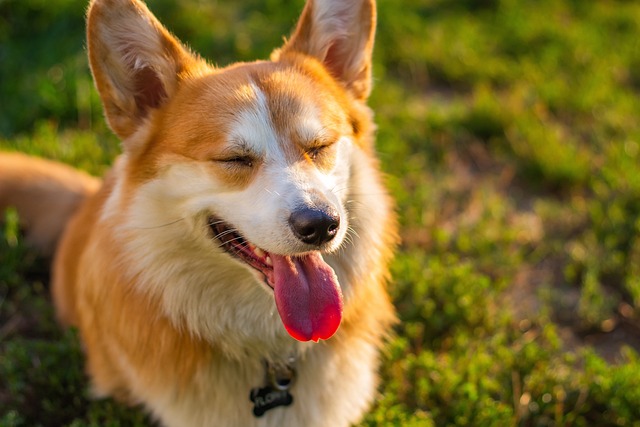
What is the best thing for dogs to chew on to clean teeth
If you’ve ever wrestled with a squirming pup to brush their teeth—only to end up with slobber on your shirt and a toothbrush chewed to bits
Cooking homemade meals for your dog feels like an act of love—chopping fresh veggies, simmering lean meat, knowing exactly what’s in their bowl. But many new dog owners in the US skip a crucial step: adding the right vitamins. Even the freshest homemade food can leave gaps in their nutrition, and over time, that can lead to issues like dull coats, weak bones, or low energy. The good news is, with a little know-how, you can make sure their meals are both tasty and balanced.
Dogs need specific vitamins to thrive, and their needs differ from ours. For example, vitamin A supports their vision and skin—think of how a pup with a deficiency might develop dry, flaky ears. B vitamins (like B12 and folate) keep their energy up and help their bodies process food, which is why a tired, sluggish dog might be missing these. Vitamin D is key for strong bones, working with calcium to keep their legs sturdy—puppies especially need this as they grow. Unlike humans, dogs can’t make enough vitamin D from sunlight, so it has to come from their food. And don’t forget vitamin E, an antioxidant that protects their cells, keeping their immune system strong.
Start by focusing on three must-adds. First, omega-3 fatty acids (found in fish oil) act like a multivitamin for their coat and joints—add a teaspoon to their meal, and you’ll notice their fur shining in a week. Second, calcium: mix a pinch of ground eggshells (baked and crushed) into their food to support bones—critical for active breeds like Border Collies. Third, a dog-specific multivitamin powder (ask your vet for recommendations) fills in gaps, especially for vitamins like B12 that are hard to get from veggies alone. For example, if you’re making a chicken and sweet potato stew, stir in a sprinkle of the powder and a drizzle of fish oil—your pup won’t even notice the extra step.

In the US, keeping your dog healthy means more than balanced meals. Make sure their rabies vaccine is up to date—all states require it, and a dog with nutrient deficiencies is more prone to illness. When you take them out for walks, even if they’re on a homemade diet, always carry poop bags. Proper nutrition keeps their digestion regular, and leaving waste in public is illegal in most cities (fines can hit $200 in places like Denver). It’s part of being a responsible owner, right alongside checking their vitamin intake.
Never skimp on research or scold your dog for nutrient-related issues—they can’t tell you they’re missing vitamins. If their coat looks dull or they’re lethargic, adjust their vitamins instead of getting frustrated. Positive reinforcement matters here too: praise them when they eat their fortified meal, and they’ll associate mealtime with good feelings, fitting the kind, patient approach most American pet owners value.
Apartment living means storing vitamins smartly. Keep fish oil and powder supplements in a cool cabinet (not the fridge, where they might get forgotten) and label them clearly—you don’t want to mix them up with your own supplements. When chatting with neighbors about homemade dog food, mention the vitamin gap—many new owners don’t realize it, and swapping tips can help everyone’s pups thrive. And when walking in shared green spaces, a well-nourished dog is more likely to be calm and polite, making those community strolls more enjoyable for everyone.
Adding vitamins to homemade dog food doesn’t have to be complicated. With a few key supplements and a chat with your vet, you can turn those home-cooked meals into nutrition powerhouses—keeping your pup happy, healthy, and ready for every adventure.

If you’ve ever wrestled with a squirming pup to brush their teeth—only to end up with slobber on your shirt and a toothbrush chewed to bits

That faint whiff of fishy breath when your Golden Retriever greets you isn't just "dog smell" – it's likely the first clue to canine periodontal disease

Ever felt that sinking worry when your energetic Labrador suddenly loses its appetite or starts a persistent belly rumble?Regular deworming isn't just a checkbox on a pet care list—it's a vital shield protecting your furry best friend from hidden health t

Watching your dog pant heavily on a hot day, or noticing their nose is dry and their eyes look sunken, can send a wave of panic through any new pet owner.

Cooking homemade meals for your dog feels like an act of love—chopping fresh veggies, simmering lean meat, knowing exactly what’s in their bowl.

Picture this: You're scrambling to get ready for work, your golden retriever nudges your hand, and your daily multivitamin tumbles onto the kitchen floor.